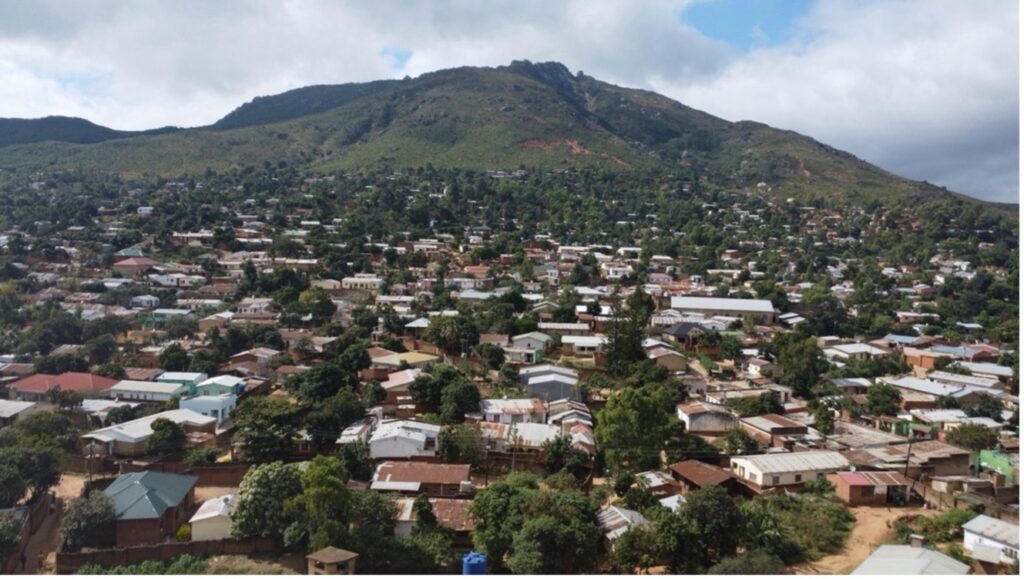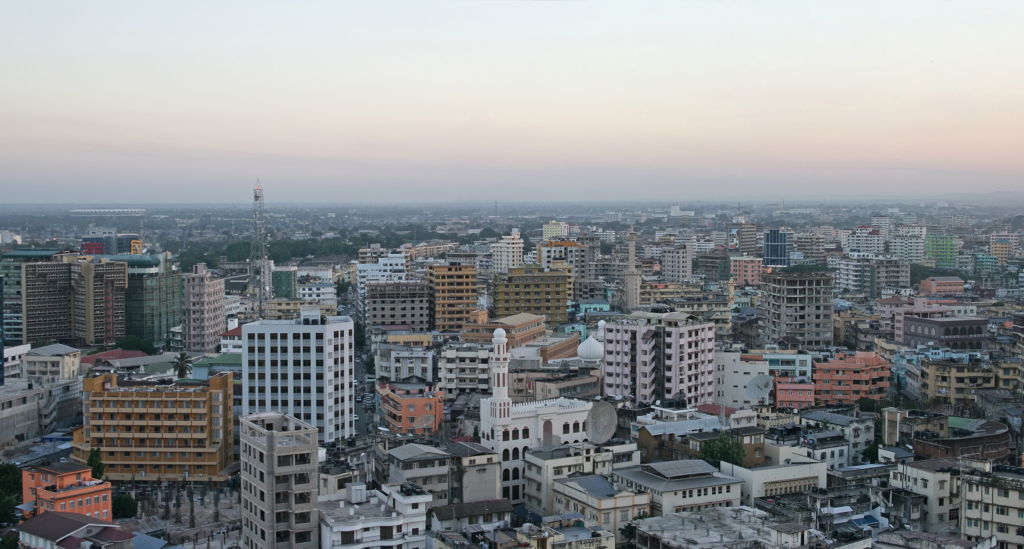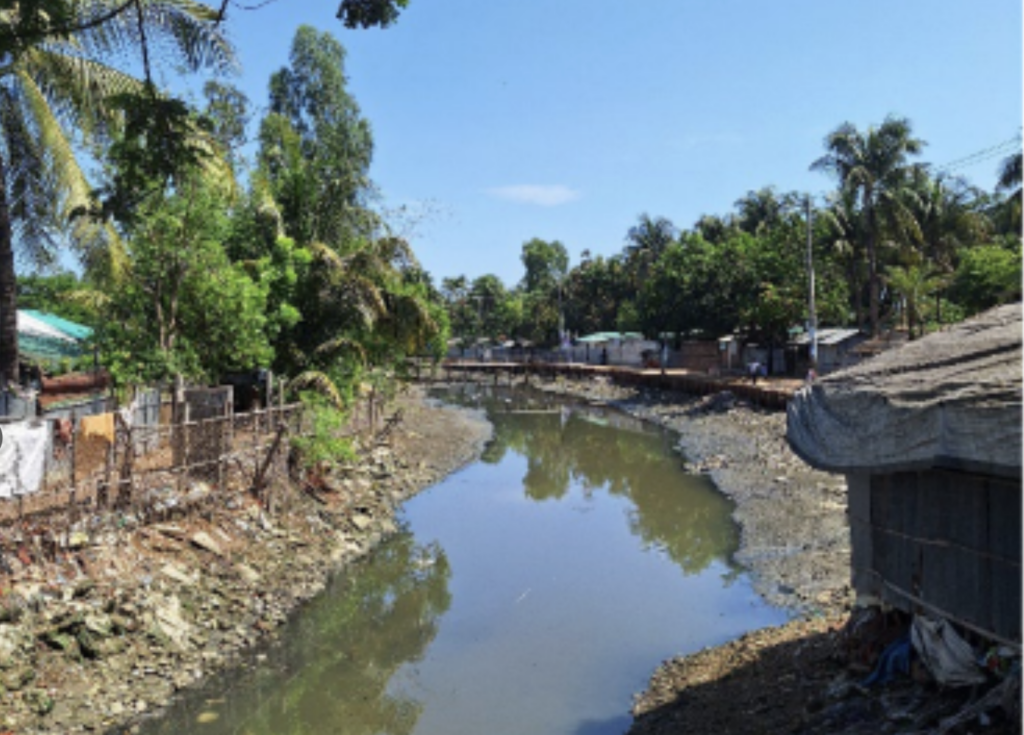Connecting Early Warning and Anticipatory Action That Works for All – Panel Discussion Summary
This panel summary captures key insights from a session titled Connecting Early Warning and Anticipatory Action That Works for All convened by the Global Disaster Preparedness Center (GDPC) at the International Humanitarian Studies Association (IHSA) Conference in Istanbul, Turkey, on 15 October 2025, bringing together researchers and practitioners working at the intersection of Early Warning […]







